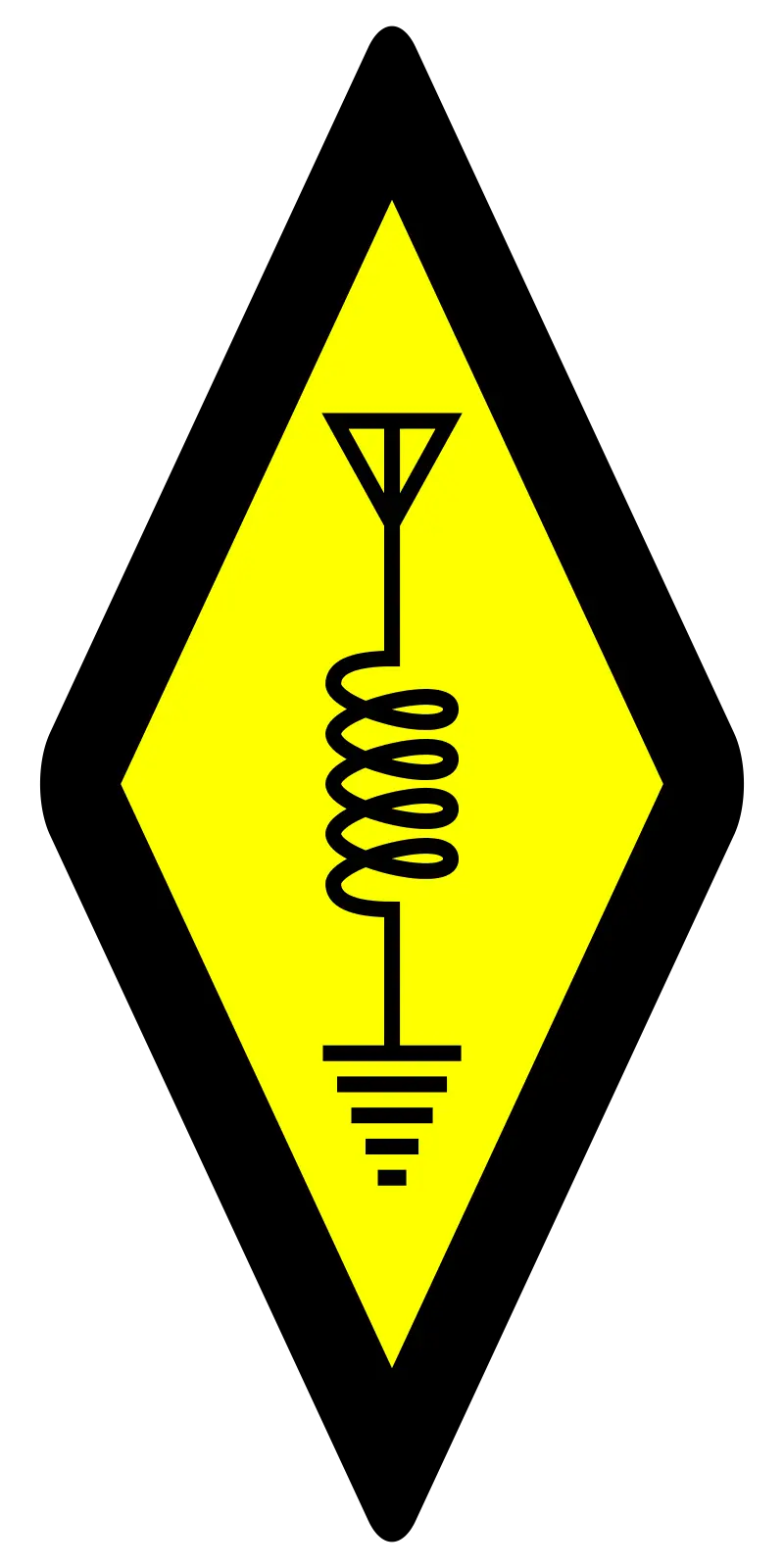Life is messy. This is not a revelation. We attempt to organise this chaos by using all kinds of magic incantations, to-do lists, new year resolutions, plans, projects and anything else you might have in your arsenal. The same chaos reigns, in how we make progress. Some days are harder than others. I’m mentioning this because I’ve seen a couple of amateurs share all the things they didn’t achieve last year. If we used that metric, I could point out that I didn’t win the lotto, likely, neither did you, or your friends. I didn’t get on HF to make a contact, I didn’t put up a 6BTV antenna, the list is never ending.
In other words, it’s easy to say what you didn’t do. What if you turned this upside down? I hosted my weekly radio net for its thirteenth year, I had my beacon heard more times than I have bandwidth available to check right now, I started a project that looks like it’s going to keep me busy for some time to come. I’ve been working my way through a full system crash and I can see light out the end of the tunnel, six months later.
So, don’t beat yourself up about all the things you didn’t do.
Speaking of that, making plans is fine, but don’t use the to-do list as a way to describe all the things you didn’t do, instead, think of it as an inspiration for what to do when you’re bored.
Chaotic aspects of life aside, the same disorder reigns supreme in the software world. GNU Radio on which I’m basing the “Bald Yak” project is just as chaotic. New versions are released regularly. Right now it’s at version 3.10.something. On my Mac, it’s 3.10.11.0, on my Debian machine it’s 3.10.5.1. Depending on which operating system you use it’s different, there’s a wiki table, but that’s out of date, before you ask, yes, I’ve requested an account on the GNU Radio wiki so I can fix it.
This only scratches the surface of things that are, for want of a better word, disharmonious. This might be perceived as chaos, but the reality is that this exists throughout the computing world. If you’re not a software developer you might have only scratched the surface of this, trying to open a document written for a different version of your word processor, installing a new operating system and finding software that was working perfectly before, suddenly doesn’t.
GNU Radio is a complex beast. The latest release has 5,570 files, making nearly 80,000 lines of source and related code. The git repository shows 579 authors and I will point out that it’s likely there are more, since the project was first released in 2001, but the git repository only goes back to 2006.
Said differently this is a big project that nobody is likely to hold entirely inside their brain. It means that things change without everyone involved knowing about it. I’m raising this because we’re diving into a complex environment that we’re using to build ourselves a new thing.
At this point you might want to run for the hills. I understand.
One of the great things about society is our ability to abstract. It’s why I’m typing on a keyboard with letters of the alphabet and not punching holes into cardboard. It’s why I’m looking at a screen with graphics and controlling images with my finger, rather than looking at dozens of blinkenlights that provide a lifetime of memories.
GNU Radio is the abstraction of radio. That’s the whole point. It allows us to pick up a signal block, tell it to make a kilohertz tone, connect it to my loudspeaker so sound comes out. It looks simple on the outside, but underlying that is a level of complexity that you will only encounter when it comes to raise its chaotic head.
This all to say that I did make some progress. When you play an audio tape at half speed, or play a single at 33 RPM instead of 45 RPM, the result is that the audio is slower, but it also means that the audio is lower in frequency. It led me to wonder if I can use that phenomenon to help me hear better. What if I could play audio slower and have my ears be able to hear better. Right now, anything above 2 kHz is hard to hear. I keep asking my partner, “Say again?”, “Sorry, what?”, “Sorry, I didn’t hear that.”
Hearing aids seem to attempt to deal with the problem by amplifying the sounds you cannot hear. This results in squealing and all manner of other unpleasantness. It also doesn’t seem to help me. Instead I wondered if I could halve a 4 kHz tone to 2 kHz, I could hear it. So, if I play audio at half speed, I can hear more. Unfortunately it would also mean that I would be running behind all the time. So, what if I could play at half speed and remove half the audio samples? I can confirm that with simple tones this works and I did this inside GNU Radio with pretty much one block, “Keep M in N samples”, in this case, keep one in two. I halved the sample rate and all was well.
Why is this significant?
Well, aside from that it might help me hear better, it represents the first time I had an idea that I could try out in realtime and see what it did. For a bunch of reasons I haven’t yet moved on to actually hearing it, by setting the source as the microphone and the sink as my headphones, but that’s on the cards soon.
Making progress is a series of chaotic steps that take you on a journey. If you’re lucky, the journey will get you where you want to go.
I’m Onno VK6FLAB

